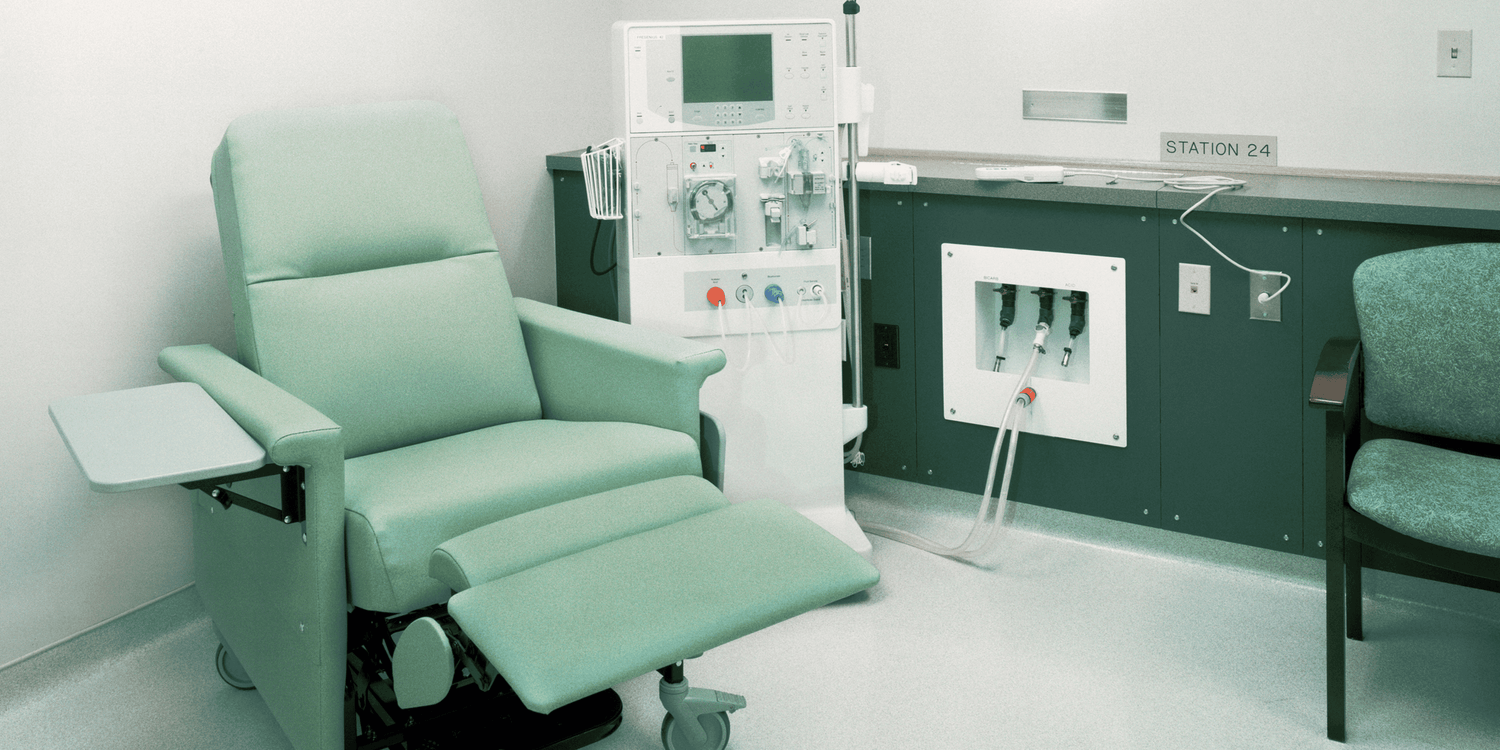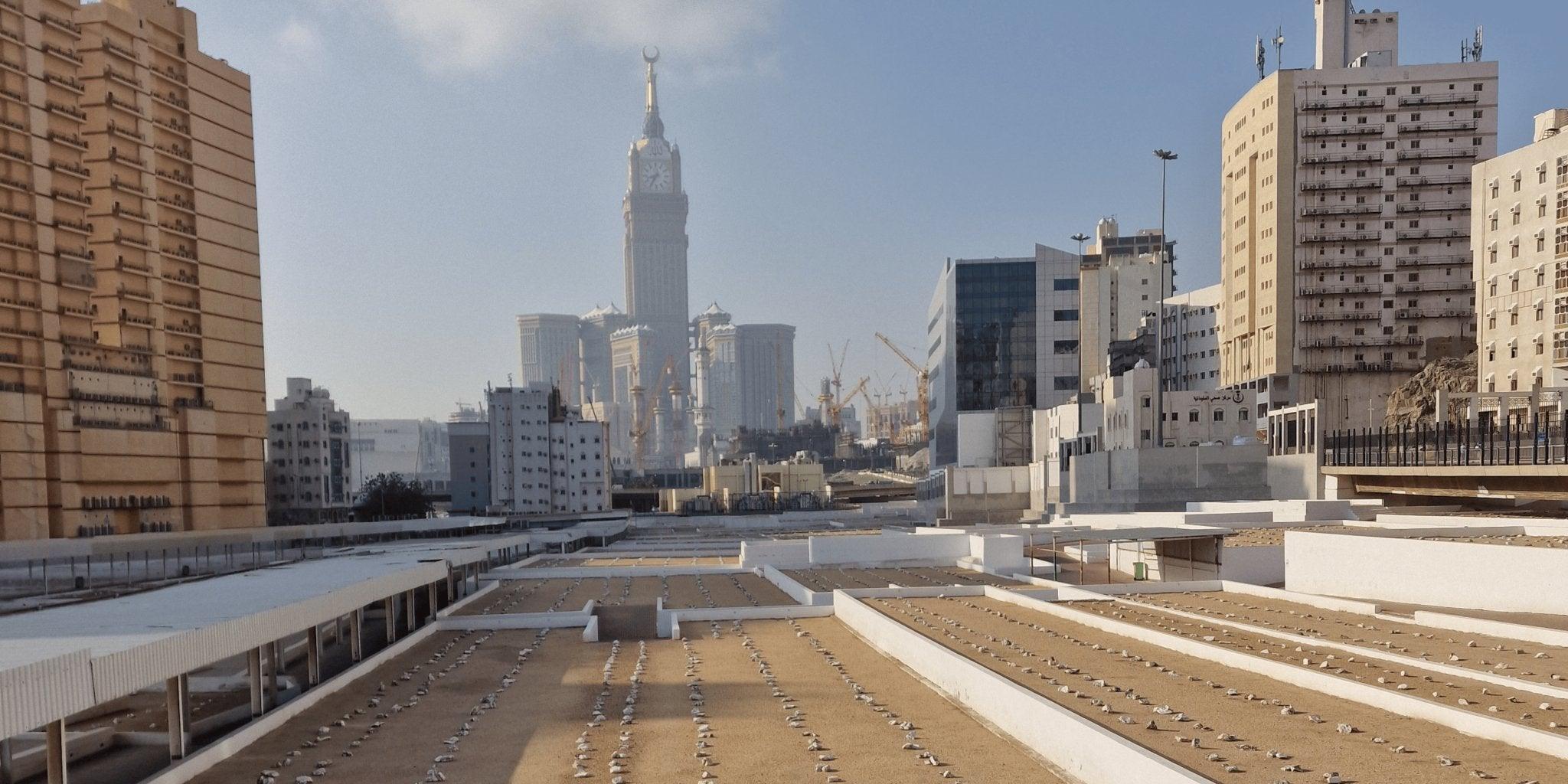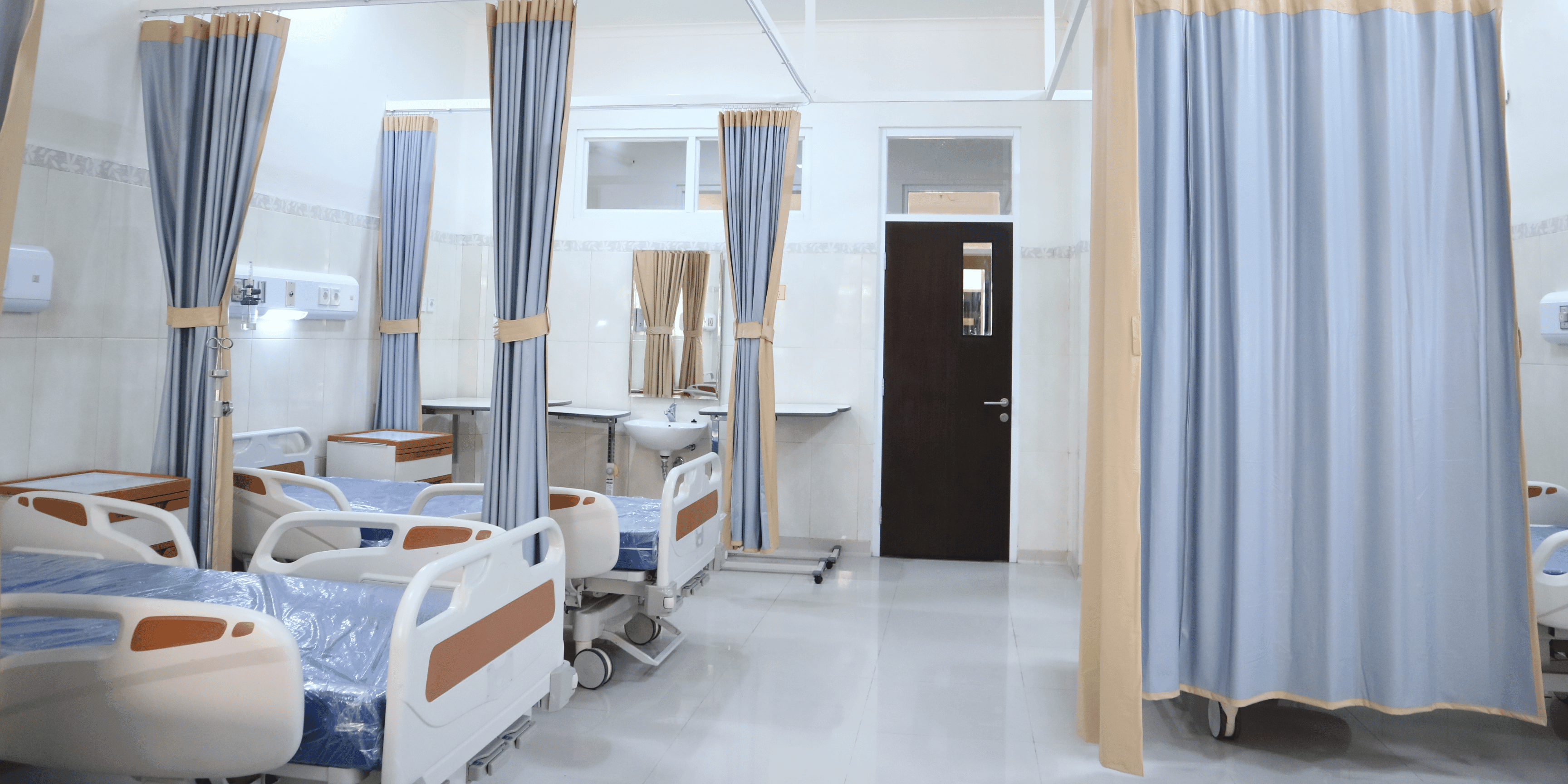For pilgrims planning to perform Umrah or Hajj who require regular dialysis, it is essential to take a few steps to ensure your health needs are met while fulfilling this blessed journey. This guide provides a comprehensive overview to help make the process as smooth and stress-free as possible.
Important Note
This guide is specifically for pilgrims visiting with an Umrah Visa (which includes health insurance), a Tourist Visa, or an Electronic Visa Waiver (EVW) with additional health insurance.
Preparing for Your Journey
Before departing for Makkah or Madinah, ensure you have recent blood test results, as these are required by hospitals to set up your dialysis sessions:
- Hepatitis B Test
- Hepatitis C Test
- HIV Test
- Current Full Blood Test Results
These results are essential to access dialysis facilities in both cities, as they help hospitals maintain safety protocols and prepare the best care for you.
Dialysis in Makkah
In Makkah, two hospitals provide dialysis services for pilgrims: King Faisal Hospital and Al Noor Hospital. Follow these steps to set up your dialysis sessions:
- Visit the Emergency Department – Upon arrival, go to the emergency department to open a file with the hospital. Ensure you have your visa documentation and health insurance details, as these are required to confirm your eligibility for free dialysis as a pilgrim.
- Paperwork for the Dialysis Unit – After opening a file, proceed to the dialysis unit with the necessary paperwork provided by the emergency department.
- Scheduling Your Dialysis Sessions – Inform the dialysis unit staff of the days and frequency of dialysis sessions you will need during your stay. This helps the hospital plan your sessions efficiently, allowing you to manage your time for worship and rest comfortably.
Note: Dialysis services are free of charge for eligible pilgrims in Makkah.
Dialysis in Madinah
For dialysis services in Madinah, King Fahad Hospital provides the necessary facilities. Follow these steps for a smooth experience:
- Open a File at the Emergency Department – As in Makkah, visit the emergency department first to open a file, which helps the hospital keep track of your sessions and medical needs.
- Proceed to the Dialysis Entrance – With your paperwork in hand, proceed to the dialysis unit entrance.
- Plan Your Sessions – Inform the staff of the specific days and number of sessions per week you require. This ensures the hospital can schedule your dialysis sessions accordingly, balancing your healthcare needs with your worship plans.
Helpful Tips for a Smoother Experience
- Mobility Assistance – If you use a wheelchair or find it difficult to walk long distances, it is advisable to have someone accompany you. Hospitals in Makkah and Madinah require extensive walking, especially during busy periods, so having a companion can make your visits easier.
- Transportation Convenience – Using a local ride-hailing app like Careem can simplify transportation to and from the hospital. While it may be slightly more expensive than other options, it reduces the amount of walking required, helping conserve energy for worship and health.
Travelling for Umrah or Hajj while managing a medical condition like kidney disease may seem challenging, but with proper planning, you can focus on your spiritual journey knowing your health needs are taken care of. Insha’Allah, with these guidelines, you will be able to set up your dialysis appointments smoothly and enjoy a safe pilgrimage.




